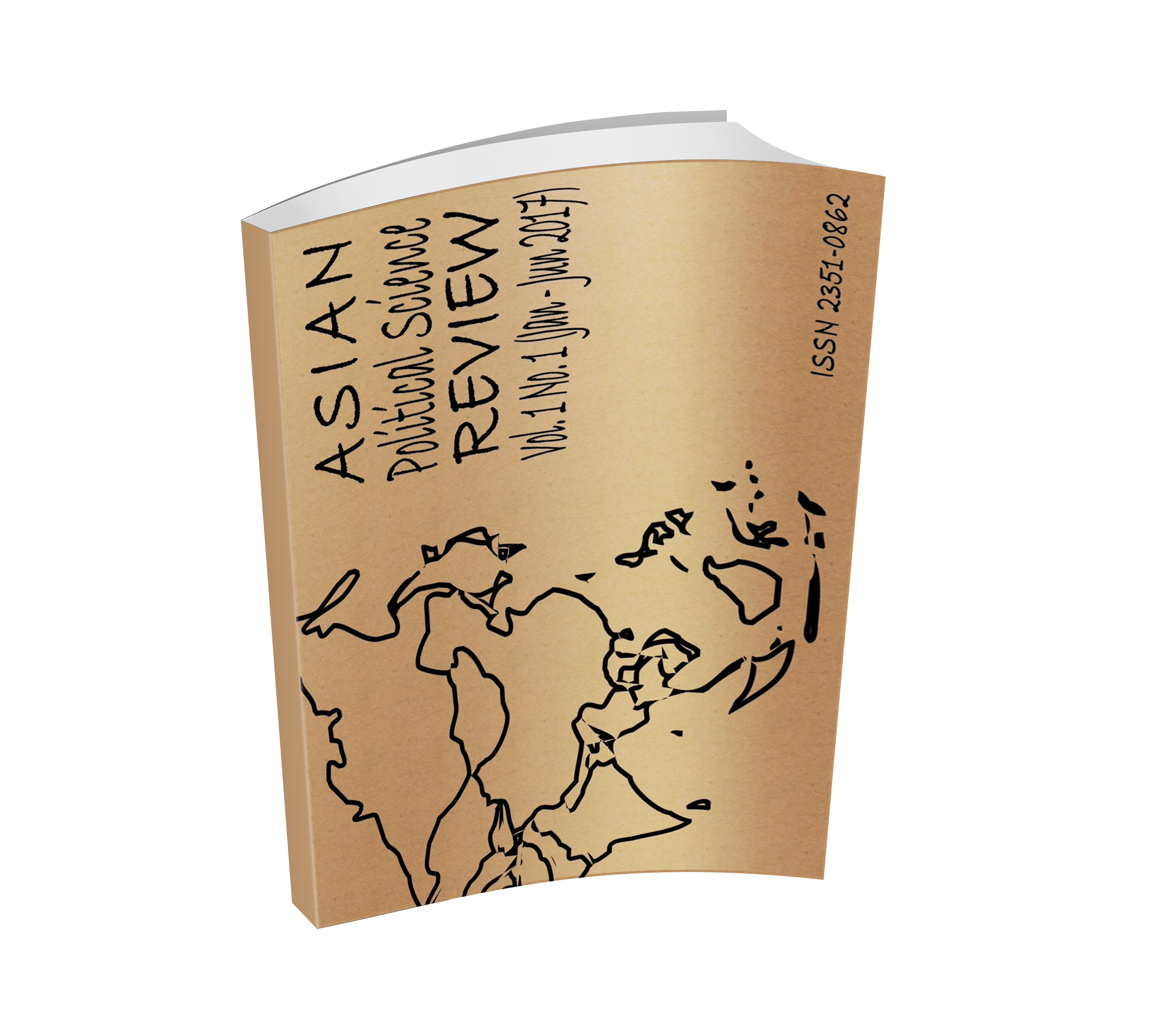The History Continues: Reflections about the Theory of the End of History from Francis Fukuyama
Keywords:
Philosophy, History, Ideology, Religion, DemocracyAbstract
Fukuyama's thesis about "the end of history" is controversial. History is not an ideology. History cannot be ended, if by history we mean the past, which we remember and interpret for the purpose of orientating ourselves in the present and the future. Fukuyama has a right to declare the victory of liberal democracy, but other political ideologies have not become extinct. If we look at the thesis of the "end of history" from a scientific point of view, then we can conclude that such a thing is impossible: for after the "end of history", history continues. Therefore, there is no real end to history. It is continuing a quarter of a century after the Fukyama’s thesis was published. Even if we can accept the thesis of the end of history as an ideology, we still cannot accept the end of philosophy. Phenomenology, Critical Realism, Existentialist Philosophy, Hermeneutics, Structuralism etc. are just some of the evidence that contemporary philosophy continues to exist and evolve, despite the rising and falling of various ideologies in the 20th century and the early 21st century. This can also be said about art, culture and history as a science.
Downloads












.png)


